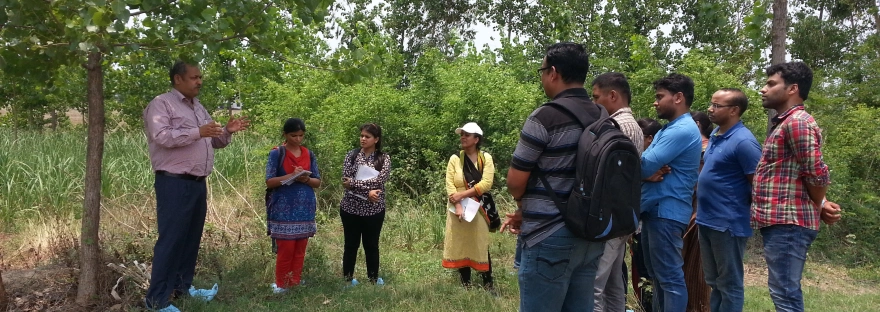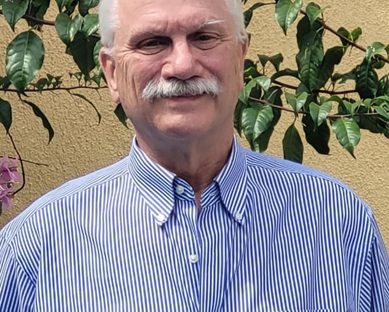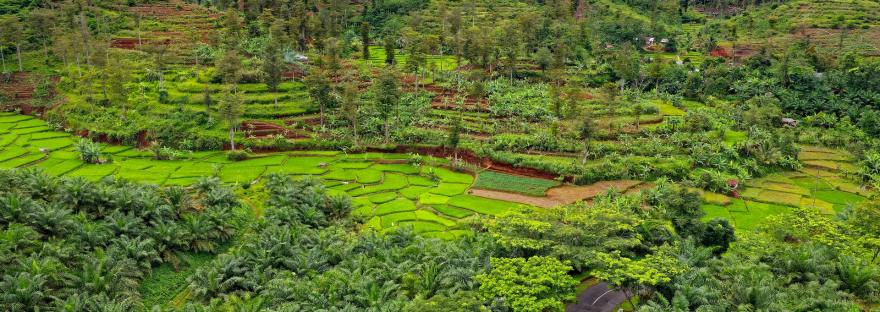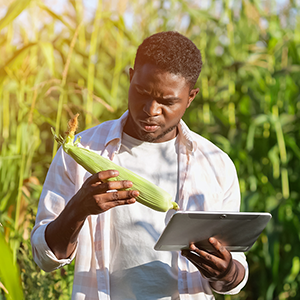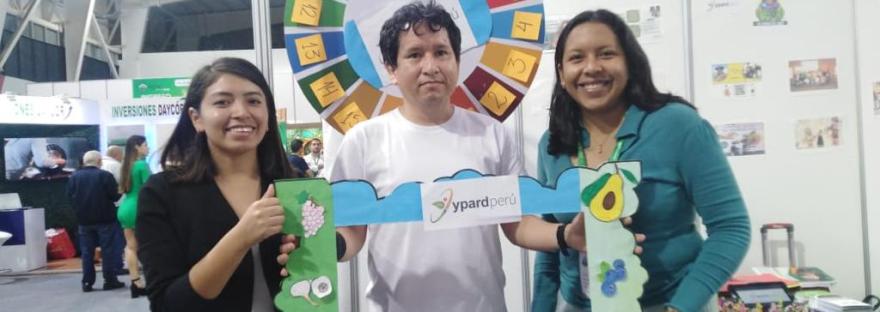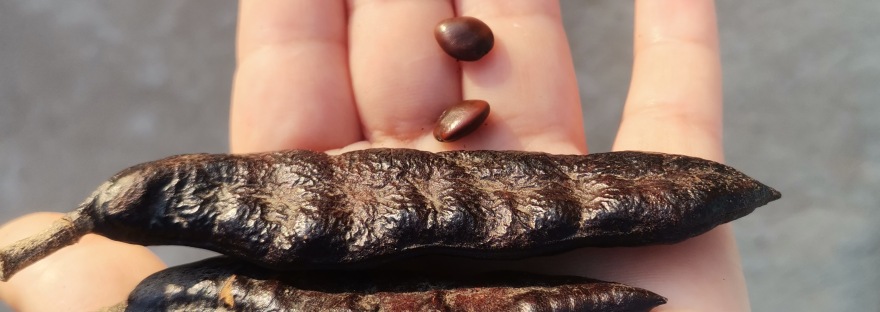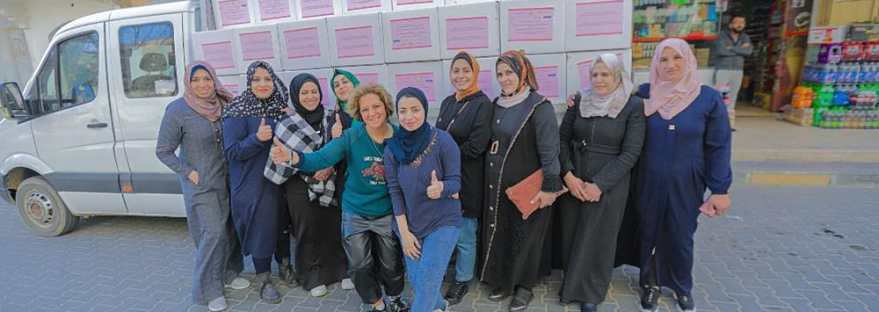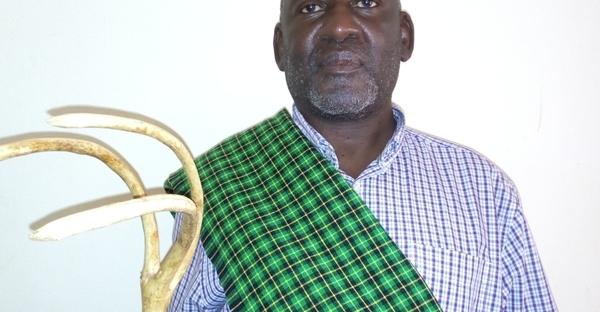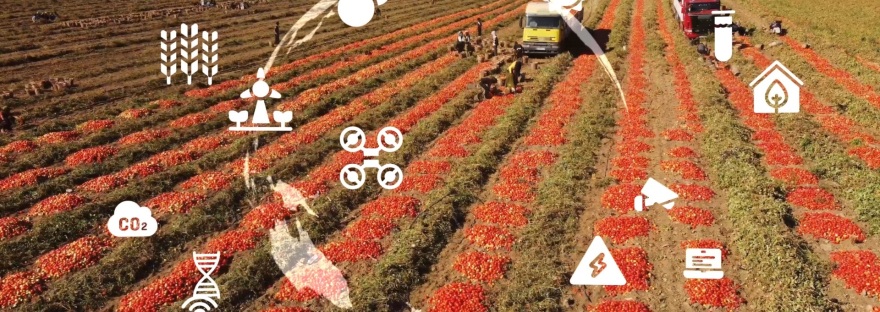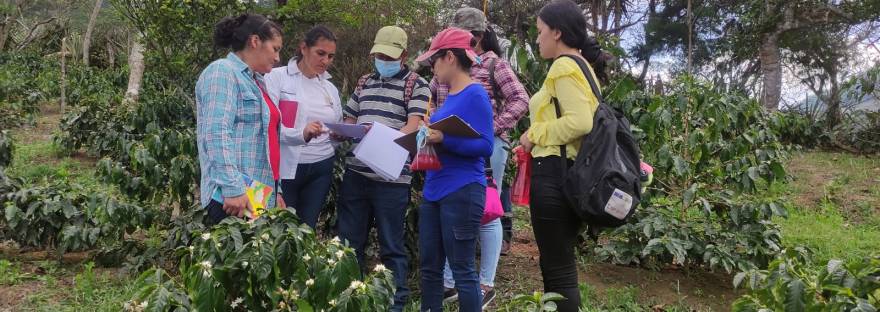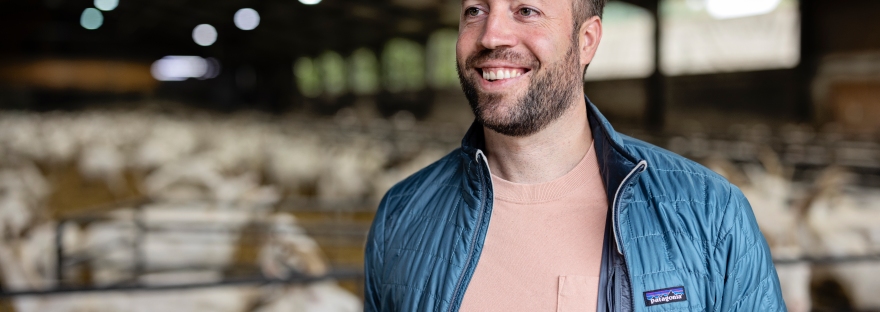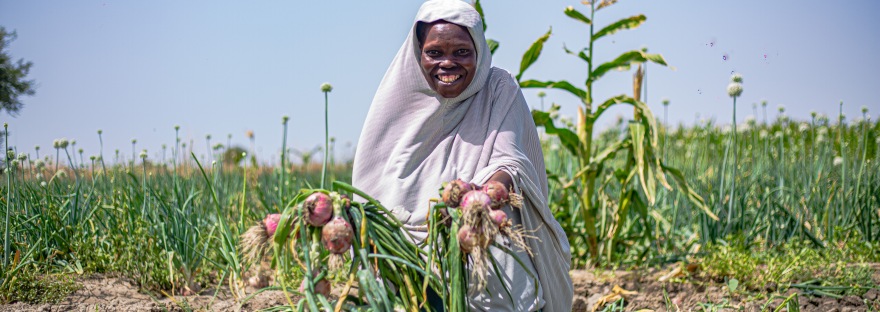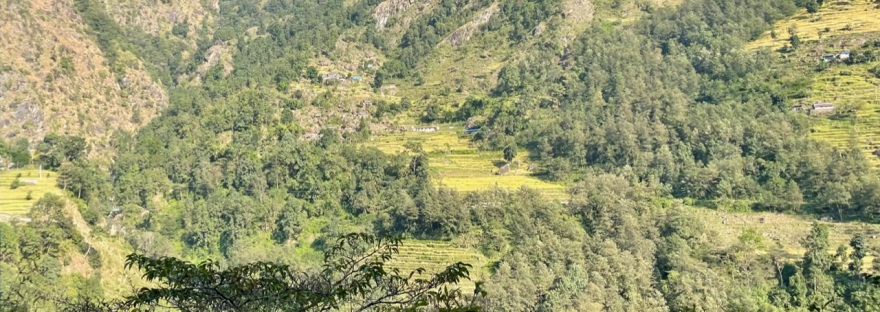Revised & Restructured Agricultural Extension Education Curriculum in India posted by GFAR This article was written by Dr. Mahesh Chander: Principal Scientist & Former Head, Division of Extension Education, ICAR- Indian Veterinary Research Institute in Izatnagar, India. The Context From 1984 to 1991, I pursued Agricultural Extension & Communication studies, eventually earning a Master's and… Continue reading A Hopeful Contribution to Transforming Agri-food Systems
Tag: GFAR Partners in Action
Empowering Agriculture Education for Rural Impact
Education paves the way for a brighter future in rural communities. posted by GFAR Dr. Jim French Recently, higher learning in agriculture has gained traction, with a focus on equipping students to make a meaningful difference in their rural hometowns. We spoke with Dr. Jim French, an expert in agricultural education and Secretary General of… Continue reading Empowering Agriculture Education for Rural Impact
AI Revolutionizes Agricultural Research
The role of ChatGPT in GFAR’s establishment of the Global NARS Consortium. posted by GFAR The integration of Artificial Intelligence (AI) tools in agricultural research and innovation stands as a pivotal stride in technological advancement. This profound transformation has permeated various sectors, and agriculture, too, stands at the cusp of a major revolution. GFAR, or… Continue reading AI Revolutionizes Agricultural Research
Transforming Food Systems Through Agroecology: The Coalition’s Mission
posted by GFAR This post focuses on the Agroecology Coalition and it's work in transforming global food systems to address critical challenges like population growth, resource scarcity, ecosystem degradation, and climate change. In a world grappling with formidable challenges such as population growth, resource scarcity, ecosystem degradation, and climate change, securing sustainable food sources has… Continue reading Transforming Food Systems Through Agroecology: The Coalition’s Mission
Digital agroecology: an oxymoron?
posted by GFAR, authored by Valeria Pesce (GFAR), Tomaso Ceccarelli (DAH) and Giacomo Rambaldi (DAH) This month's post explores the intricate relationship between digital technologies and agroecology revealing a multifaceted discourse, encompassing perspectives on compatibility, transformation, and equity. Together with an e-conversation co-organized on the same topic, this piece – co-authored with the Digital Agri Hub – marks the… Continue reading Digital agroecology: an oxymoron?
Juventudes peruanas contribuyendo al Desarrollo Agrario Rural
posted by GFAR Juventudes peruanas contribuyendo al Desarrollo Agrario Rural: YPARD Perú y sus proyectos EJR y Máxima. El Perú, al igual que los demás países de América Latina, mantiene desigualdades económicas, educativas y sociales para las diferentes comunidades, sobre todo las agrarias de ámbitos rurales. En efecto, a pesar de que el sector agropecuario… Continue reading Juventudes peruanas contribuyendo al Desarrollo Agrario Rural
Rising Stars in Agriculture: Ysabel Calderón
posted by GFAR This month, the GFAR blog is shining a light on remarkable young people who are shaping, and making a difference to, the agricultural world. In this blog, we highlight the remarkable work of Ysabel Calderón, a young pioneering beekeeper, farmer, environmental entrepreneur, and founder of Sumak Kawsay – an environmental enterprise promoting… Continue reading Rising Stars in Agriculture: Ysabel Calderón
Rising Stars in Agriculture: Jenice Achieng Audi
posted by GFAR This month, the GFAR blog is shining a light on remarkable young people who are shaping, and making a difference to, the agricultural world. Meet Jenice Achieng Audi, a dedicated Kenyan agripreneur and advocate for sustainable food systems, whose passion for community development is making a tangible impact in her country. Jenice… Continue reading Rising Stars in Agriculture: Jenice Achieng Audi
Exploring the Question: Is an Ideal Food System Attainable?
posted by GFAR An ideal food system is one that ensures equitable access to nutritious and culturally appropriate food for all individuals, while promoting sustainable agricultural practices, preserving biodiversity, and supporting local communities. It is a system that addresses the needs of the present without compromising the ability of future generations to meet their own… Continue reading Exploring the Question: Is an Ideal Food System Attainable?
Who will advance scientific transformation in Africa?
posted by GFAR / written by Mukundane B Albert In this thought-provoking poem, Mukundane B Albert, a Cooperative Agribusiness Management specialist, GFAR member, and African Poet hailing from Kampala, Uganda, sheds light on the pressing issues that hinder scientific progress on the continent. With a keen eye for societal challenges, Albert highlights the plight of… Continue reading Who will advance scientific transformation in Africa?
Data sharing might not be easy, but it’s the right thing to do
COVID sparked a scientific response: sharing DNA sequencing, rethinking old ways, and creating a vaccine. But what else can we achieve through concerted data sharing? When COVID struck, the response amongst the scientific community was to share DNA sequencing and to rethink traditional ways of working to solve the urgent challenge of creating a vaccine,… Continue reading Data sharing might not be easy, but it’s the right thing to do
Enhancing digital education to empower coffee professionals at origin
by GFAR How can digital education empower coffee professionals at origin and transform the industry, considering the challenges posed by outdated data collection methods and the limited implementation of digital tools? Gersón Solórzano, a certification technician from the San Marcos area in the Honduran department of Ocotepeque, is employed by UnioCasmo. This local union of… Continue reading Enhancing digital education to empower coffee professionals at origin
Reimagining the link between farmers and communities: Our experience developing an agritourism app.
by Mark Giller, Founder of Farmlike Can the relationship between the farmer and the community be re-imagined to create a more sustainable system – and one that benefits everyone? We think it can. This is why we created Farmlike, a revolutionary app that is helping to shorten supply chains and introduce new revenue streams for… Continue reading Reimagining the link between farmers and communities: Our experience developing an agritourism app.
Earth Day Extra! How can we help smallholders build resilience to climate change?
by GFAR Following Earth Day on 22 April, CABI’s Executive Director, Global Operations, Dr Ulrich Kuhlmann, looks at two fundamental ways in which smallholders can be empowered to build resilience to climate change – access to better evidence-based agricultural information and a more concerted approach by governments in relation to investment and knowledge sharing. When… Continue reading Earth Day Extra! How can we help smallholders build resilience to climate change?
One empowered female agripreneur can rally an entire community.
by GFAR In a new joint mentorship programme, the UN Food and Agriculture Organization (FAO) and the International Agrifood Network (IAFN) have been supporting women agripreneurs in sub-Saharan Africa. In doing so, they have generated a remarkable ripple effect through local communities and regions. Supporting female-led SMEs Rural small and medium-sized enterprises (SMEs) are the… Continue reading One empowered female agripreneur can rally an entire community.
“Through both education and teamwork, women can achieve anything.” – The story of Lydia Sasu
by GFAR This month is Rural Women’s month on the GFAR blog – and today, we look to the inspiring achievements of Lydia Sasu, a pioneering advocate from Ghana who has dedicated her career to empowering rural women in agriculture. Lydia was awarded the ‘World Women Foundation Award’ in 2011, the ‘World Food Prize’ in… Continue reading “Through both education and teamwork, women can achieve anything.” – The story of Lydia Sasu
Soils under threat: The view from Asia
by Dinesh Panday and Roshan Babu Ojha Fertile soils are essential for sustaining plant growth and producing sustainable food systems. But around the world, they face unprecedented threats and as of today, approximately one third of the world’s soil is reported to be degraded. Restoring – as well as maintaining – soil fertility is therefore… Continue reading Soils under threat: The view from Asia
A GFAR webinar: Addressing soil fertility
by the GFAR Secretariat Half of humanity is fed by fertilized-based foods. But many farmers are struggling to source the fertilizers they need – and chemical fertilizers are also contributing to environmental degradation. So what’s the solution? We all know that healthy, fertile soils are crucial for ensuring efficient, resilient and sustainable agrifood systems—and, in turn,… Continue reading A GFAR webinar: Addressing soil fertility
Creating a digital knowledge environment to promote agri-food heritage systems.
by the GFAR Secretariat Agri-food heritage systems have been recognized for their potential to help address food security and to promote sustainable development worldwide. But significant progress in promoting and developing these systems remains to be made. Can the creation of a new digital knowledge environment help change this? The World Agricultural Heritage Forum thinks… Continue reading Creating a digital knowledge environment to promote agri-food heritage systems.
A GFAR Webinar: Maintaining momentum in the implementation of the UNFSS National Pathways
Maintaining momentum in the implementation of the UN Food Systems Summit National Pathways: A GFAR Webinar.

